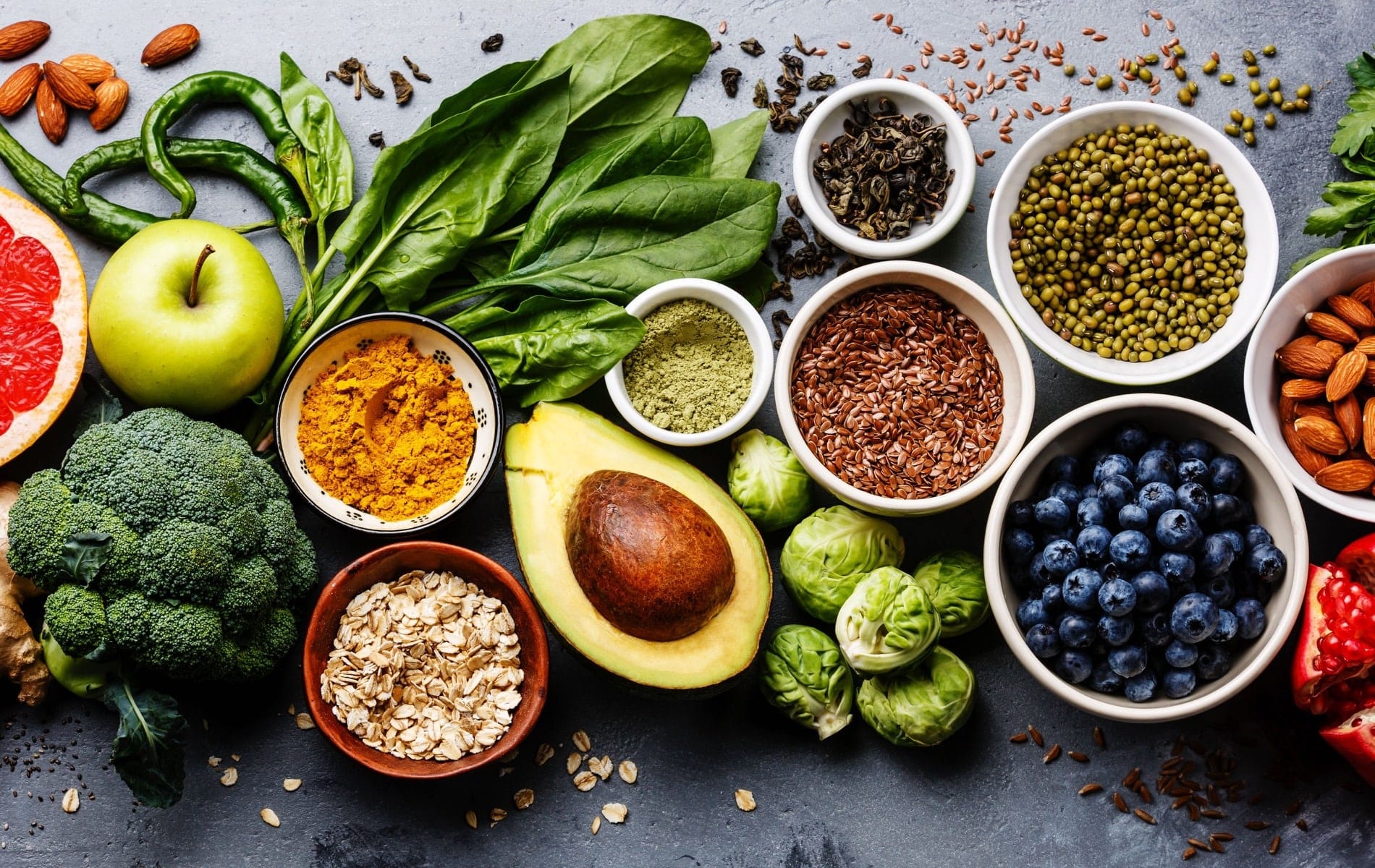
VIE_Magazine_AUG22_column_Lindsay_Tobias_HERO-min
Food Is Good
A New Perspective
By Lindsay Tobias
You’ve seen them before. The ads that scream, “lose twenty pounds in twenty days!” But what happens on day twenty-one after doing Beyoncé’s cayenne water cleanse? Most people gain all their weight back, building up for their next crash diet. As a Functional Nutrition Counselor, I deal with clients who have tried it all: keto, vegan, grapefruit diet, gluten-free, dairy-free, soy-free, pleasure-free, and more. They look back on their fad diets longingly because they “worked so well before” and decide they may need more discipline or willpower. This could not be further from the truth.
The more diets you do, the more you may believe that food is just a way to change your body. It isn’t. Food is information to your body; every bite you take gives your cells instructions. The sweet potato you had for lunch supported your vision and immune system. The blueberries in your morning parfait improved your cognition and lowered your stress levels with antioxidants. Food is medicine. It is also one of the most beautiful ways we can connect with others. The word companion comes from the Latin com and panis, meaning “someone to break bread with.” We are built to think about food as joy, community, and nourishment, not body manipulation. There are reasons diets don’t work long-term—namely, they weren’t designed to! Some diets even have deadlines in the title—21 Day Fix, 75 Hard, Whole 30—reinforcing the idea that sustainability is not the goal here. The billion-dollar diet industry is the only thriving industry that consistently holds a 97-percent failure rate. Yet we still find hope in the next diet. Just. One. More.
Here are three reasons why dieting doesn’t work.
Diet culture gives us this warped definition of wellness as restriction. We have an ever-changing list of what we can’t eat, leaving us confused, aimless, and agitated.
1. Metabolic Adaptation
Weight loss is a stressor to the body. It challenges our body’s homeostasis (stability). When you first start a low-calorie diet, you will lose weight. The caloric demand on your body is much higher than the energy supply, so you are in a calorie deficit. Simple, right? While you may view your diet as positive or safe, your body may view it as a danger or a famine. Therefore, it will metabolically adapt to protect itself. If you stay in a deficit long-term, you will run out of the energy you need to function, so your metabolism will downregulate to suit your new low-calorie norm better. Dieters consider this a “plateau”—when you are doing the same thing as before, but weight loss halts, forcing you to eat less and less.
When we do not give our body consistent, nourishing food, we teach it to store the little food we give it. The instructions we are broadcasting to our cells are simple: “Run on less energy!” When we experience this metabolic adaptation, our warm hands begin to cool, our emotional regulation begins to wane, our energy plummets, and we need constant sugar or caffeine to stay afloat. Libido also goes out the door, and our consistent morning poop goes MIA, keeping our body from being able to detoxify naturally. We struggle to concentrate, our brains feel foggy, the scale fluctuates, and we feel like if we aren’t dieting, we are gaining weight. Because the more extreme the diet, the more the body has to protect itself and adapt.
2. Confusion
Most diets categorize foods as “good” and “bad,” usually marked with appropriate green and red columns. If you have dieted for any period of time, you will learn that these good and bad foods are arbitrary; they are not fixed and change with whatever diet you are currently following. Every diet is a list of rules that tells you to cut out another food group to lower your calories, ties a bow around the top, and sells a new guidebook. After going vegan, you learn to demonize meat; after going paleo, you shun grains; after going low-carb, fruit becomes the enemy; after going lectin-free, you never eat beans; after going Whole 30, you say no to anything with sugar. After your third diet, you will find guilt in any and all varieties of food. Usually, that guilt and shame are followed by a rebellion against the diet or your own body.
Diet culture gives us this warped definition of wellness as restriction. We have an ever-changing list of what we can’t eat, leaving us confused, aimless, and agitated.

Lindsay Tobias
3. Zero Joy Necessary
In Japanese culture, satisfaction is a beautiful component of food and meal times. It helps people listen to their bodies and hara hachi bu, or eat until 80 percent full, allowing everyone to be present and joyful during meal times. In American diet culture, we have exchanged the culture, art, and beauty of food for convenience, rules, and rigidity. Most people think that if they find pleasure in their food, they are probably doing something wrong. There is a reason eating delicious food releases dopamine in the brain or that we have taste buds in the first place—we are built to enjoy and be satisfied by our food. Otherwise, we would not come back to it! The number one sustainability factor is also the most neglected factor in dieting: joy. If you enjoy what you do, you don’t have to be convinced to continue.
Do it differently.
What if you started by adding healing foods for your health rather than obsessively cutting foods out? What if the way you eat doesn’t have to have a name or be a formal diet? What if you could start by making goals of adding some produce (fruits and veggies) to every breakfast, then maybe to lunch and dinner? What if you started by asking yourself what you want to sustain? What kind of healthy lifestyle would make you proud of yourself? What if you took the time to learn more about your food, so you weren’t sucked into marketing ploys by the newest diet plan? What if you demanded satisfaction and enjoyment from your health rather than perfection or stringency?
What kind of healthy lifestyle would make you proud of?
I ask you these questions to broaden your view of health. These are all possible for you; you can be a diet culture dropout like me and the hundreds of clients I have worked with!
— V —
Lindsay Tobias is a Certified Functional Nutrition Counselor, Holistic Health Coach, Exercise Physiologist, and the owner of Keep Your Plants On, LLC. She graduated from Liberty University, Precision Nutrition, the Institute for Integrative Nutrition, and the Functional Nutrition Alliance, where she learned to look at root causes of imbalance rather than symptom suppression. She teaches clients how to use food and movement as medicine and good habits for restoring energy, balancing hormones, banishing bloat, sustaining gut dysbiosis, and clearing skin. Learn more or book your consultation through HowToKeepYourPlantsOn.com.
Share This Story!
KEEP UP WITH THE LATEST STORIES FROM VIE
















































































































































